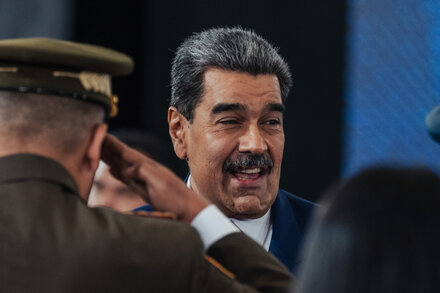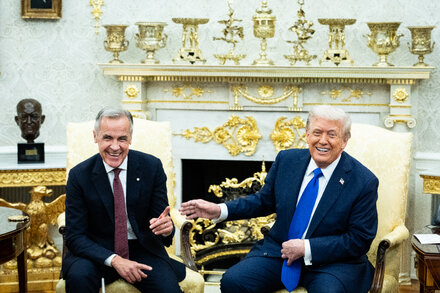
Tensions between Venezuela and the United States have seen a notable escalation in recent months, marked by a series of diplomatic exchanges, renewed economic pressures, and differing stances on regional stability and democratic processes.
The relationship, long characterized by periods of deep animosity and limited engagement, has once again entered a phase of heightened friction, drawing international attention to the potential implications for the broader Latin American region.
Renewed Sanctions and Electoral Conditions
A primary point of contention revolves around U.S. sanctions policy and Venezuela’s upcoming presidential elections. Following a partial easing of sanctions on Venezuela’s oil and gas sector in late 2023, conditioned on progress towards free and fair elections, the U.S. has expressed growing concern over decisions made by Venezuelan authorities regarding opposition candidates.
The U.S. Treasury Department recently announced the non-renewal of General License 44, which allowed transactions with Venezuela’s state-owned oil company, PDVSA, citing the Venezuelan government’s failure to meet commitments regarding the democratic process.
“The United States has consistently affirmed that our sanctions relief is directly tied to concrete steps towards a democratic transition,” a U.S. State Department spokesperson indicated recently. “We cannot ignore actions that undermine the integrity of the electoral process and the aspirations of the Venezuelan people for a truly democratic future.”
Caracas, in turn, has vehemently rejected what it describes as U.S. interference in its internal affairs and sovereign decisions. Venezuelan officials have repeatedly characterized the sanctions as coercive measures designed to destabilize the country and exert political influence.
“The imperialist policies of the United States are a constant assault on our sovereignty and our right to self-determination,” a Venezuelan government representative stated in a recent address. “We will not yield to blackmail or allow foreign powers to dictate our electoral calendar or who can participate in our democratic exercise.”
The Essequibo Dispute
Adding another layer of complexity to the bilateral relationship is the ongoing territorial dispute between Venezuela and Guyana over the Essequibo region. The U.S. has taken a firm stance in support of Guyana, conducting joint military exercises and providing security assistance, which Venezuela views as an provocative act and an intrusion into a matter it considers purely bilateral.
The U.S. maintains that its support for Guyana is consistent with its commitment to regional stability and adherence to international law.
The confluence of these issues—economic pressure, electoral disputes, and regional geopolitical maneuvering—suggests a continued period of strained relations between Washington and Caracas, with no immediate signs of de-escalation.
Source: Read the original article here.





